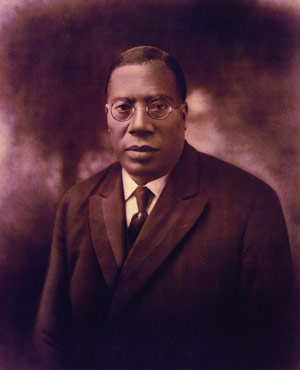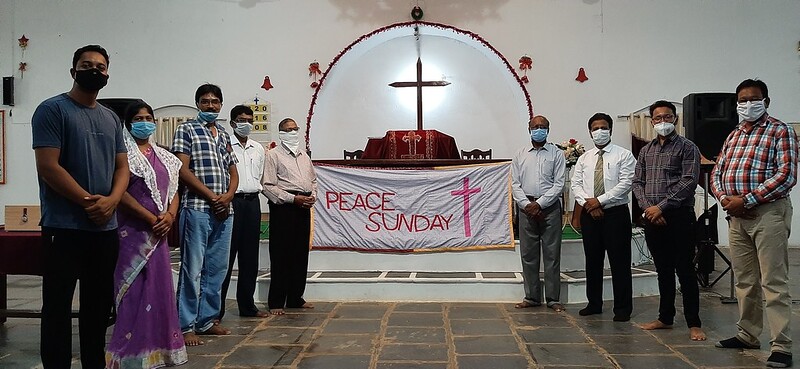-
Peace Sunday 2023 – Teaching resources
Being a family: redrawing the images and borders While he was still speaking to the crowds, his mother and his brothers were standing outside, wanting to speak to him. Someone told him, ÒLook, your mother and your brothers are standing outside, wanting to speak to you.Ó But to the one who had told him
-
Peace Sunday 2023 – Activities
Community Mapping Creating a social “family” tree Purpose: to highlight the many and broad social connections that we as communities of faith have. Hopefully this result in a beautiful, wide, vibrant and colourful tree that expands across the wall, highlighting the many connections the church community has. With permission, send your story and photo
-
Membership Application: Global Anabaptist Peace Network (GAPN)
The Global Anabaptist Peace Network (GAPN) is a network that seeks to connect and support peace organizations (agencies, schools, training programs, research projects, think-tanks, activist-focused initiatives, activists, scholars) that have emerged from and serve our global Anabaptist church communion. Our hope is to provide a supportive community as we work together at making our world a
-
The Peace House encountering the stranger
The Ludwigshafen Friedenshaus (Peace House) in Germany offers a model for congregational engagement with migrants. Offering language classes, sewing evenings, tutoring, and potlucks, the Friedenshaus people together. Four volunteers or long-term service workers with the Friedenshaus will share stories and also reflections on how other congregations might develop similar initiatives. Presenter: David Lapp-Jost, of the
-
Peace Sunday 2022 – Activities page
Download and print the page to cut out fruits and vegetables for the Peace Sunday activity. https://mwc-cmm.org/resources/peace-sunday-2022-worship-resource
-
Peace Sunday 2022 – worship resource
Theme and texts Theme Being a new creation in the midst of external turmoil Why this theme was chosen How do we maintain resilience in hardship, turmoil and conflict? How do we maintain our hope for something better when times are tough? This year’s Peace Sunday resources will explore the ways in which people throughout
-
Peace Sunday 2021 – Prayers
Establish your peace Dear God, In these times of searching for peace and resolution to conflictsEstablish your peace, O Lord! In the midst of corruption, impunity and violence,Establish your peace, O Lord! In the midst of the journey of your Colombia people,Establish your peace, O Lord! In this searching for justice and peace for Colombia,Establish
-
Peace Sunday 2021 – Songs
Stand by Me When the storms of life are raging,Stand by me (stand by me); (2x)When the world is tossing meLike a ship upon the sea,Thou who rulest wind and water,Stand by me (stand by me). –Charles Albert Tindley (1851–1933) was a self-taught songwriter and Methodist Episcopal minister. Hymnary.org says: “Tindley was known for being
-
Peace Sunday 2021 – Liturgies for gathering and benediction
Call to Worship: Turning a cheek Strength is commanding the wind and sea to obey,Strength is wielding a slingshot in the face of a raging giant.Strength is accepting vulnerability from inside the boat,Strength is standing in solidarity with the powerless.Strength is turning a cheek,Strength is loving an enemy.We come to worshipa God who redefines our
-
Peace Sunday 2021 – worship resource
Click below to download Theme: Finding hope and healing in crisis Why this theme was chosen: In these gospel passages, Jesus brings salvation in the midst of crisis. We desire and need this peace, especially after this year! And as followers of Jesus, we follow his example and work to bring peace in the midst


